Written by Ed Whalen, Contributing Writer, Classical Wisdom
It is widely recognized that Jewish culture and thought has had a major impact on the world. The history of Jews in the ancient world is particularly important, especially in regards to religious development — their Monotheism was critical in the history of civilization.
Biblical sources and archaeology provide us with a good understanding of the evolution of the Jewish people and their religion since the earliest times.
The Origin Of The Jews
The Biblical story of the origin of the Jews is well-known, especially the story of Exodus where Moses led god’s chosen people out of slavery in Egypt to the promised land. However, many historians now believe that there was no real Exodus. It is most likely that the Hebrews (precursors of the Jews) were pastoralists who lived in a marginal area in the land of Canaan.
The first possible reference to them is in the Merneptah Stele, which was carved on the orders of Pharoah Merneptah, (c 1200 BC). It is believed that the Hebrews were related to the Canaanites. They became a distinct people and eventually conquered the land of Canaan (modern-day Isreal, Jordan and Lebanon).
Various Hebrew tribes formed a confederation under leaders known in the Hebrew Bible as Judges. They regularly fought the Philistines and other ethnicities for control of land and resources.
The Kingdom of Israel and Judah
In about 1030 BC, the twelve tribes united under Saul and the Kingdom of Israel and Judah came into being. Saul was succeeded by King David, who created a powerful kingdom which he left to his son Solomon.
During the reigns of these kings, a single god was worshipped. This was a crucial step in the history and development of Monotheism. King Solomon built the First Temple, which became the centre of the Hebrew religion.
It should be noted that many Hebrews continued to worship many gods from the Canaanite pantheon, especially in rural areas. After the death of Solomon, the kingdom splintered.
Ten northern tribes formed the state of Israel, and the two remaining tribes formed the kingdom of Judah. This was the time in which the Hebrew religion took on many of its later characteristics. It appears that Yahweism, the belief in one god, was rivaled by Canaanite polytheism.
The powerful Assyrian king Tiglath-Pileser III conquered the northern kingdom of Israel in 720 BC. The ten tribes were deported, and their fate is a great mystery. The King of Judah was able to withstand the Assyrian siege of Jerusalem (701 BC), and this may have saved the Jewish people.
The Babylonian Exile
The Kingdom of Judah was conquered by the Babylonian King Nebuchadnezzar in 587 BC, and the First Temple was destroyed. The elite were deported to Babylon while a small Hebrew population survived in the rural areas.
During the Babylonian exile, the faith of the Hebrews underwent extraordinary changes. This was a crucial period in the development of the Hebrew Bible and the Talmud.
After the conquest of Babylon by the Persian King Cyrus, Jewish exiles were permitted to return to Jerusalem. They rebuilt the city and the Second Temple. Jerusalem and its surrounding areas became a self-governing area within the Persian empire. At first, the people were led by prophets, and then became a theocracy.
The Jewish people prospered under Persian rule. In 333 BC, Alexander the Great invaded the Persian Empire and conquered it. The Jews were folded into the Seleucid Empire and continued to prosper. At this time, various schools of thought—such as the Sadducees and the Pharisees—emerged, influencing the development of Rabbinical Judaism.
Also during this time, many Jews settled in other areas of the Hellenic World. In Alexandria, Jews compiled the Septuagint, a Greek version of the Hebrew Bible.
The Hasmonean Kingdom (110–63 BCE)
Greek civilization greatly influenced the Jews, and many adopted Hellenic practices and beliefs. This created tensions between traditional and Hellenized Jews.
When a Seleucid ruler attempted to suppress Jewish religious practices, it led to a rebellion known as the Maccabean Revolt. The rebels drove the Greeks out of Jerusalem and established the Hasmonean Kingdom. This kingdom re-established a traditional form of Judaism, but was riven by civil and religious strife.
The Roman Era
By 63 AD, the Hasmonean Kingdom was devastated by civil war. One party invited Pompey the Great, a Roman general, to intervene. This led to the conquest of the kingdom.
Herod the Great ruled Judea as a client king of the Romans, as did his successors. The monotheistic Jews found it difficult to accommodate the polytheistic Romans, and Judea was very turbulent. About 30 AD, a Jewish rabbi known as Jesus Christ was executed by crucifixion. His teachings led to the development of a Jewish sect which later became a distinct religion, Christianity.
Judea became a Roman province, leading to further tensions and in 66 AD, the Jews revolted. Their rebellion was finally put down in 70 AD, when the Second Temple in Jerusalem was destroyed by the future Emperor Titus.
At this point, there was a significant shift in Judaism as it started to prioritize religious texts over rituals.
After the First Jewish Revolt, the Jews continued to resist Roman rule. The Kitos Revolt (115-117 AD) and the Bar Kochba Revolt (132-136 AD) were brutally repressed by the Romans, and many Jews fled Judea. This period saw the establishment of Jewish communities around the Mediterranean world and the near East.
Many Jews found refuge in the Persian empire, where they established flourishing self-governing communities. By the second century, only a small number of Jews lived in their ancient homeland. Despite the rise of Christianity, the majority of Jews continued to maintain their religion and identity.
Conclusion
The origin of the Jews remains a mystery; it is much more complex than the Biblical narrative.
What we do know is that various Hebrew tribes formed a powerful kingdom, which eventually fell apart. Their story following its collapse is one of war, siege, exile and triumph over adversity. It was during this turbulent period that Judaism emerged and was to have a decisive influence as one of the great monotheistic faiths.
The destruction of the Second Temple and the subsequent Jewish rebellions created the Jewish diaspora that went on to play a remarkable role in world history.

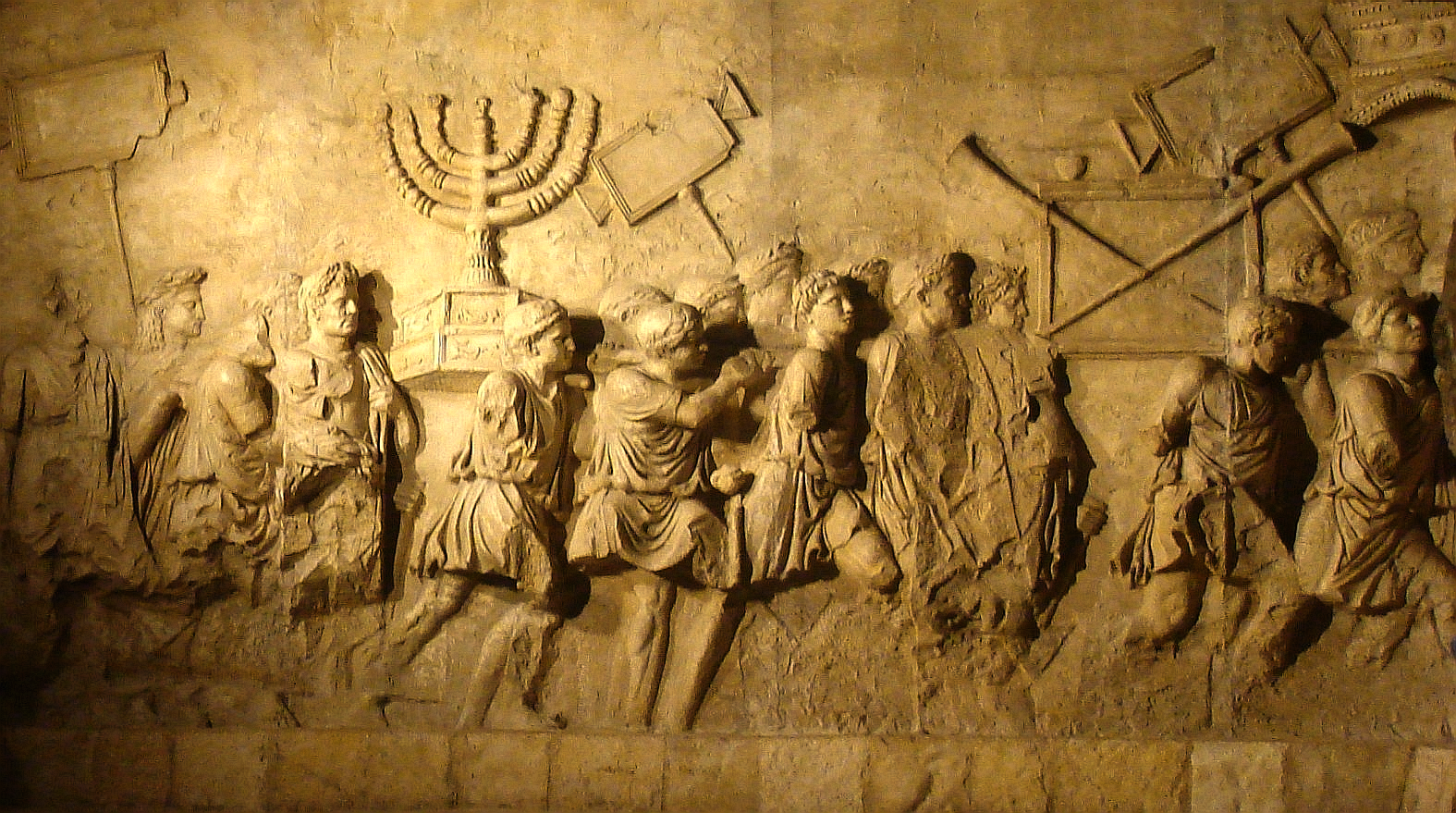

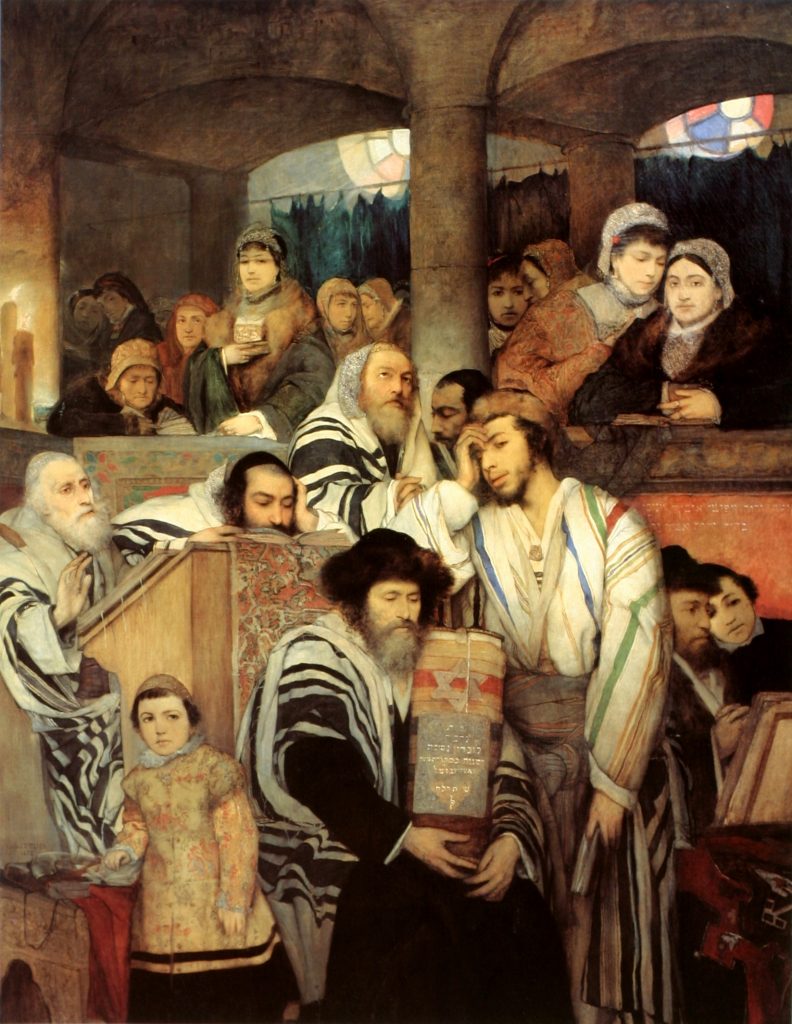
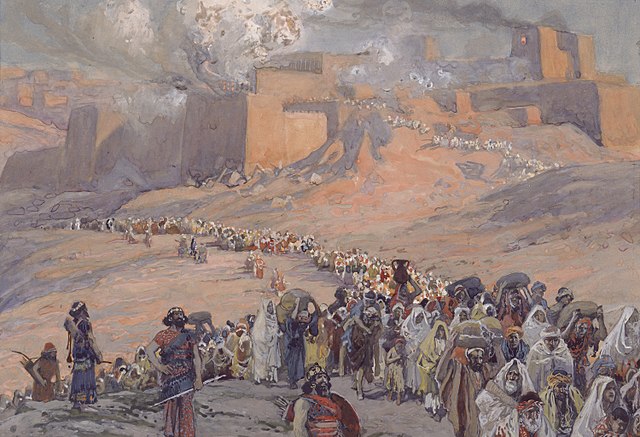
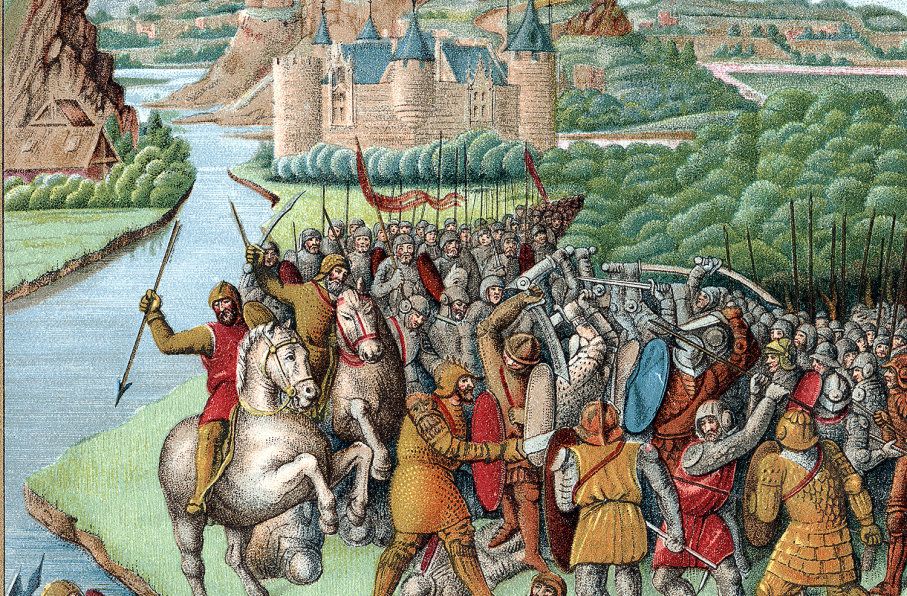
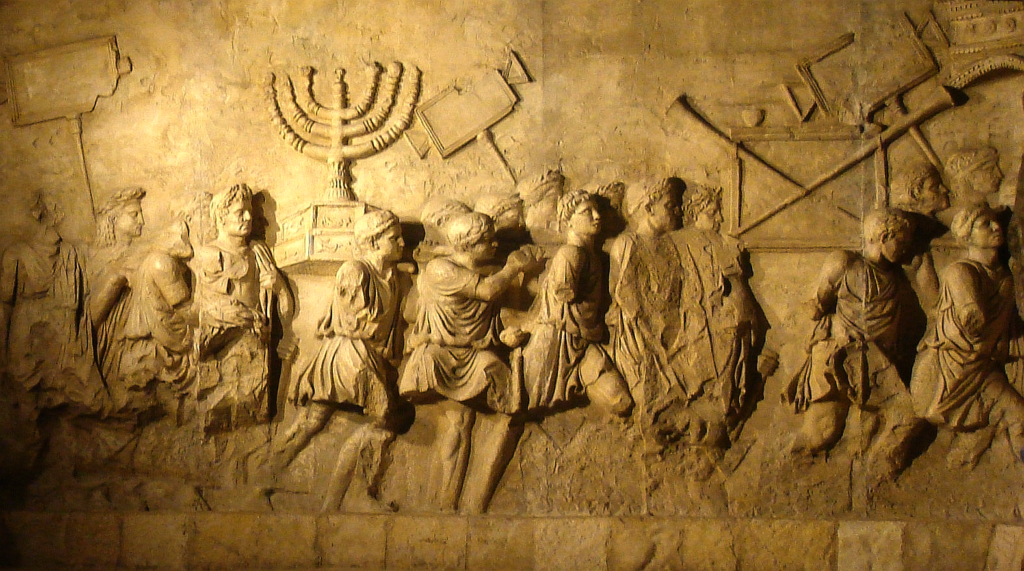








No comments
Trackbacks
Our apologies, you must be logged in to post a comment.